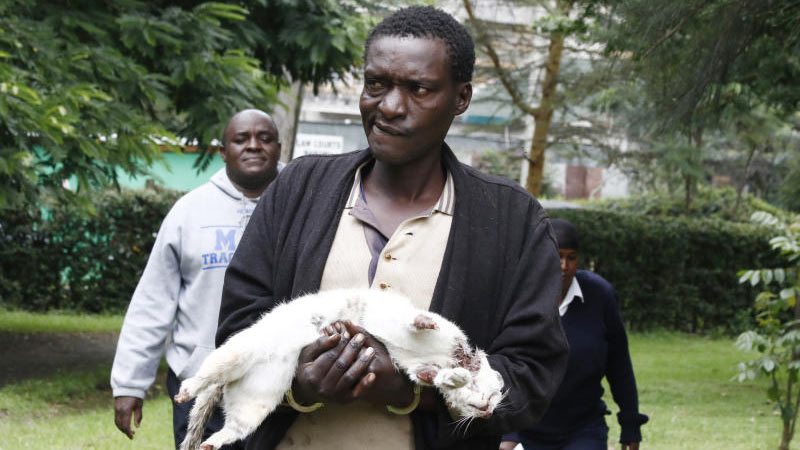×
The Standard e-Paper
Stay Informed, Even Offline

The story of the man jailed for killing cats and using the meat to make samosas is evidence of the bizzare entrepreneurial spirit that has made Nakuru hit the headlines for all the wrong reasons.
The confession by James Mukangu Kimani that he slaughtered more than 1,000 cats has not disrupted the busy roadside traders selling all manner of foods.